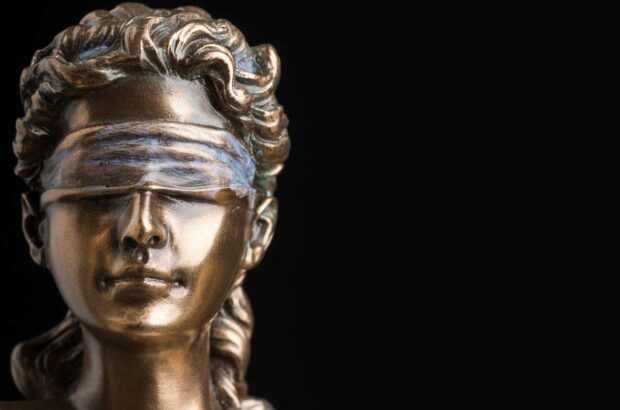Does perfection exist in wine? Steven Spurrier explains how judges score wines during wine tastings.
Ask Decanter: What makes a perfect wine?
Marcus Locke, via email, asks: Why do none of your tasters ever give a wine top marks (100 points) when scoring, even when the tasting note is rapturous in its praise?
Steven Spurrier, for Decanter, replies: Top marks (100 out of 100 – or 20 out of 20 in the old Decanter system) represents perfection – not just a wine that receives rapturous praise, but one which is so good it cannot possibly be better. When judging sake, Japanese experts are generous with their full marks, as for them perfection is ‘the absence of faults’. Decanter tasters are usually judging wines young, so a perfect score for a wine with decades of development in front of it is very rare.
This said, I gave full marks to Château Margaux when judging Bordeaux 2009 en primeur and to Haut-Brion, Margaux, Lafite-Rothschild and Latour when judging the 2010 en primeur wines – these wines seemed to have transcended even themselves. Margaux 1985 served from magnum at the château this year also received the highest score possible.
While the sake experts look for absence of faults, I think that Decanter tasters can only award full marks when there is absence of doubt, both in the wine and in their judgement of it: a rare occurrence, but it does happen.
Steven Spurrier is Decanter’s globetrotting consultant editor and is chair of the Decanter World Wine Awards.
-
See Decanter’s full scores for Bordeaux 2015 en primeur wines
-
Read more notes and queries every month in Decanter magazine. Subscribe to the latest issue here
-
Got a question for Decanter’s experts? Email us: editor@decanter.com







